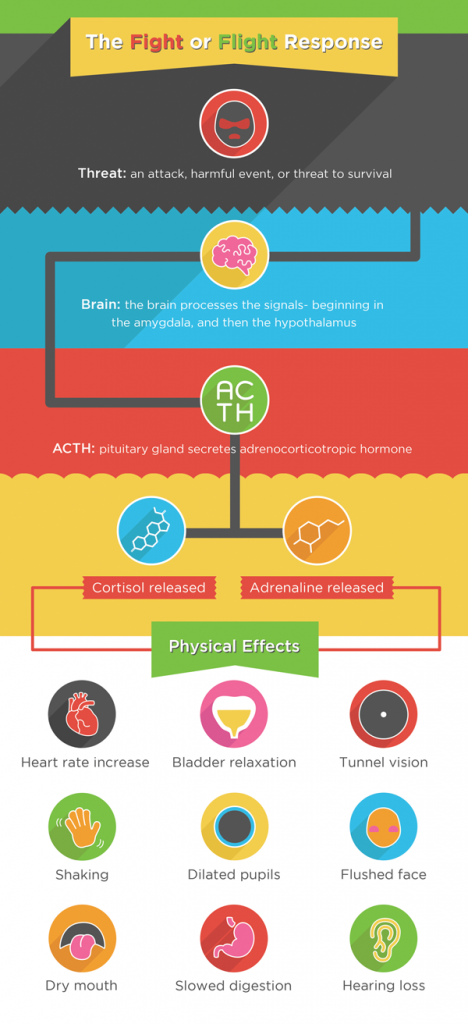The effects of stress in the modern world are well documented. But what is ‘stress’? How does it affect the body? And what can massage and bodywork do to help put us back into balance?
Stress is a word derived from the Latin word stringere, meaning to draw tight, and was used in the 17th century to describe hardship and affliction. During the late-18th century, stress denoted ‘force, pressure, strain, or strong effort’, referring primarily to an individual, or to the individual’s organs or mental powers. The NHS describes stress as:
Stress is the feeling of being under too much mental or emotional pressure, and pressure turns into stress when you feel unable to cope. A bit of stress is normal and can help push you to do something new or difficult, but too much stress can take its toll.
NHS
Pressure often turns into stress when people feel unable to cope, but everyone has different ways of reacting to stress, so a situation that feels stressful to one person may be motivating to someone else. The pace of modern life is such that juggling the demands of work, relationships, children and managing money, can often induce that feeling of being overwhelmed. Stress affects how you feel, think, behave and how your body functions. When you are feeling stressed you may have trouble sleeping, lose your appetite and have trouble concentrating. You may also feel anxious, irritable or low in self-esteem. Your thoughts may start racing through your mind, you may feel angry, drink more than normal or act unreasonably. You may also experience headaches, migraines, muscle tension, pain in your body or dizziness.
The Acute Stress Response (Fight or Flight)
The flight or fight response, also called the “acute stress response” was first described by Walter Cannon in the 1920s. The response was later recognised as the first stage of a general adaptation syndrome (GAS) that regulates stress responses among vertebrates and other organisms. The onset of the stress response is associated with specific physiological actions in the sympathetic nervous system. They prepare us for taking action against a threat – so we may then fight, take flight or even freeze in the hope that the threat may pass us by! While the majority of us no longer have to flee from lions or tigers, the bodies response to a ‘threat’ remains exactly the same as it did thousands of years ago. One of the main reasons there is so much stress and stress-related illness is that we find modern life very stressful.
There are three stages to the stress response:
The first stage is when we perceive a ‘threat’. Adrenaline and norepinephrine are released by the adrenal glands (part of the sympathetic nervous system). They stimulate a series of reactions in the body: our pupils dilate to see more clearly, our heart beats faster to enable more blood to be pumped to the muscles, digestion becomes inhibited, glucose (energy) is released by the liver, hormones by the kidneys, our bladders relaxed (that’s why people sometimes pass urine when scared), and our rectum contracts. If the threat goes away then the sympathetic nervous system calms down and returns to normal within 24-48 hours.
If the threat persists the body moves into Stage two, where it has to find a way to cope with the stress. During this stage the body releases stored fats and sugars in an attempt to deal with the stress, which in turn leads to exhaustion, weariness, anxiousness and being forgetful. As the immune system becomes weakened, you become more susceptible to colds and flu. You may find yourself craving sugar, coffee and alcohol to help try to alleviate the feeling of being exhausted. This, however, only serves to perpetuate the cycle of exhaustion. If you deal with the stress and are able to remove it, then the body will slowly return to normal.
Exhaustion is the third and final stage. At this point, all of the body’s resources are eventually depleted and the body is unable to maintain normal function. The initial autonomic nervous system symptoms may reappear (sweating, raised heart rate, etc.,). If stage three is extended, long-term damage may result, as the body’s immune system becomes exhausted, and bodily functions become impaired, resulting in decompensation. The result can manifest itself in illnesses such as ulcers, depression, diabetes, trouble with the digestive system, or even cardiovascular problems, along with mental illness.





